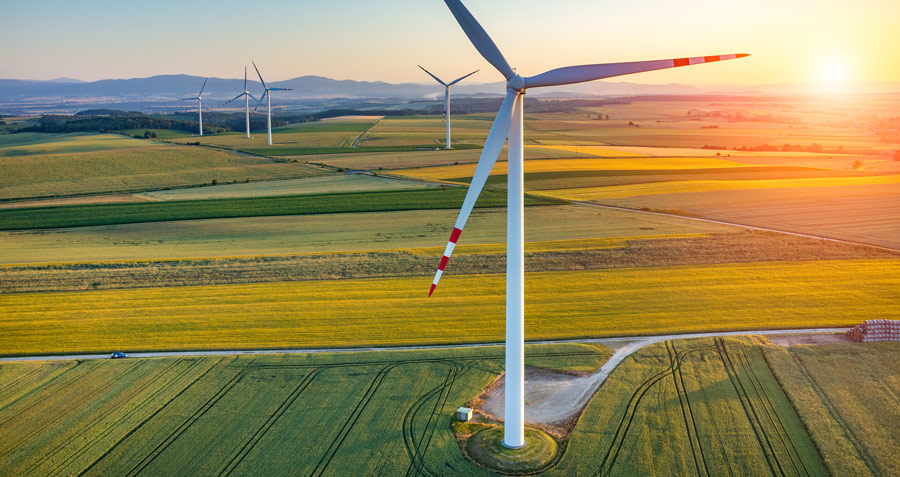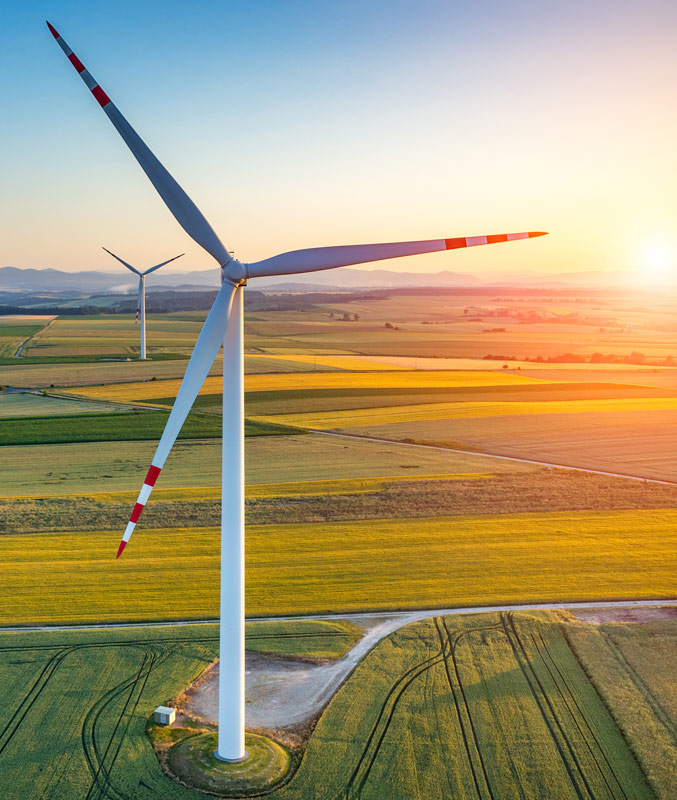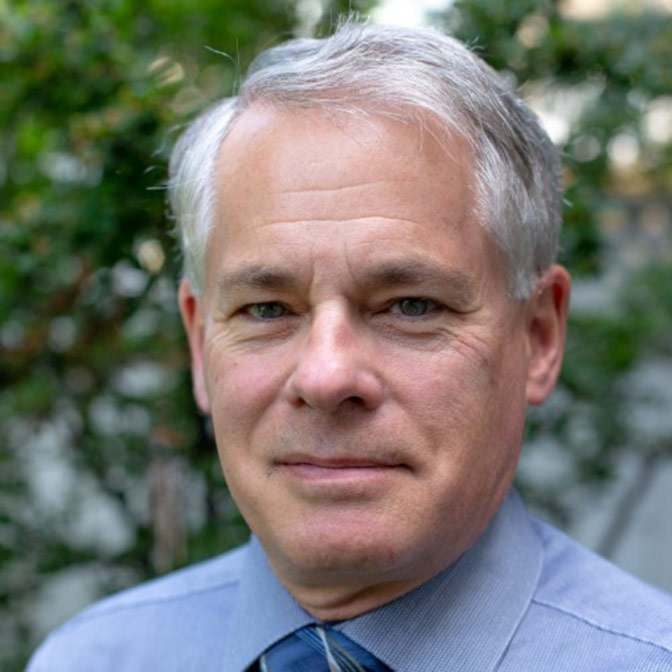

21st Century Energy Transition: how do we make it work?
The climate crisis, and the transition to energy sources with fewer negative effects on the environment will be one of the defining global challenges of our time. But how do we balance sometimes competing drivers like climate change, environmental sustainability, and energy poverty all at once? In this short, 6-module course, we will be asking the tough questions for the road ahead in the 21st century energy transition.
Take online for free
Sign up for free on Coursera today or upgrade to get a certificate.
About the Course
Affordable, abundant and reliable energy is fundamental to human well-being and prosperity. For the past 150 years, more and more people have gained access to energy, primarily in the form of fossil fuels – coal, petroleum and natural gas. But now, even while half of humanity cannot access adequate energy supplies, we are beginning a profound transition to more diverse energy sources. Climate change, environmental sustainability, and energy poverty are all important – and sometimes conflicting – drivers as we strive to supply more energy to more people with fewer negative impacts on Earth’s environments.
In this new course from the University of Alberta and Canadian Society for Evolving Energy, you will join us to learn about the many energy sources available, and where technology is providing exciting new solutions to energy and environmental challenges. Find out what roles energy storage must play to support the transition, and discuss how we can optimize transition processes. Examine competing viewpoints (“realities”) to enable energy transition, focusing on the practical challenges in bringing about change on a global basis. Finally, you will bring all these issues together to examine how the energy transition process is progressing and what we must do to create pathways to achieve our goals.
Course Format
Prerequisites:
There are no prerequisites, but students are encouraged to enroll in this course with an open mind. 21st Century Energy Transition is for any learner wanting to gain insights on the complex issues of energy supply in today’s world.
All six modules of content are available for free. Upgrade to a paid certificate option to access end-of-module exams and test your new skills.
Take the course for free & explore the 21st century energy transition
Instructor
Brad Hayes, Adjunct Professor
Department of Earth and Atmospheric Sciences, University of Alberta
Brad Hayes is an Adjunct Professor in the Department of Earth and Atmospheric Sciences at the University of Alberta, where he also earned his PhD in geology. He is Outreach Director for the Canadian Society for Evolving Energy (CSEE), President of Petrel Robertson Consulting LTD, and a Past-President of the Canadian Society of Petroleum Geologists (CSPG). He served as a Councillor for the Association of Professional Engineers and Geoscientists of Alberta (APEGA) for six years, and is a member of the Energy Technical Advisory Committee for Geoscience BC.
Syllabus
Module 1 - Introduction to the 21st Century Energy Transition
- Lesson 01: Global challenges of our time
- Lesson 02: Energy Transitions – Past and Present
Module 2 - Energy Sources and Production – Benefits and Challenges
- Lesson 03: Introduction
- Lesson 04: Coal
- Lesson 05: Oil
- Lesson 06: Natural Gas
- Lesson 07: Nuclear
- Lesson 08: Hydroelectricity
- Lesson 09: Wind
- Lesson 10: Solar
- Lesson 11: Biomass
- Lesson 12: Geothermal
- Lesson 13: Wave and Tidal
- Lesson 14: Electricity
- Lesson 15: Energy Supply Chains
Module 3 - Energy Storage
- Lesson 16: Why do we need energy storage?
- Lesson 17: Storage strategies and technologies
- Lesson 18: Hydrogen
Module 4 - FAQs for the Energy Transition
- Lesson 19: The role of energy efficiency
- Lesson 20: The role of carbon capture and storage
- Lesson 21: Key issues we must address
- Lesson 22: Key questions we must ask
Module 5 - How do we Enable the Energy Transition?
- Lesson 23: Reality 1 and 2 Approaches
- Lesson 24: Goals and Pathways
- Lesson 25: Economics of energy production
Module 6 - Energy Policy and Pathways to Support Energy Transition
- Lesson 26: Are policies and pathways in place to meet goals?
- Lesson 27: What do we need to do better?
- Lesson 28: Conclusions and discussion
